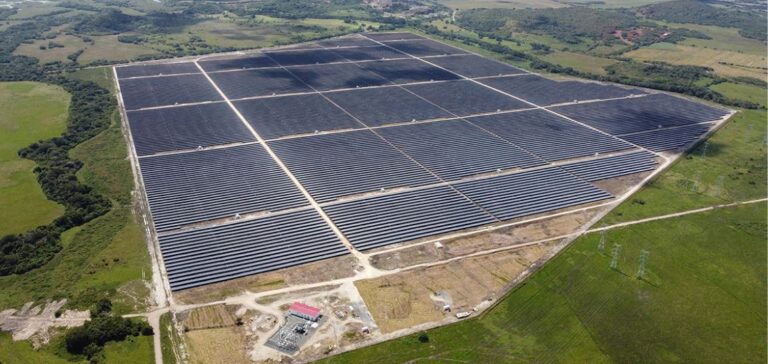Technology powerhouse Google and renewable energy company Energix Renewables have signed a strategic agreement to supply 1.5 gigawatts (GW) of solar power to the United States by 2030.
This commitment is part of Google’s efforts to secure reliable energy sources aligned with its carbon reduction goals, particularly for its energy-intensive data centers.
The agreement covers not only the supply of solar electricity, but also the acquisition of Renewable Energy Credits (RECs), a key element in achieving Google’s sustainability goals.
This alliance, focused on the PJM market, reinforces Energix’s leading position in the United States, a strategic market for the company.
A strategic partnership to meet growing demand
The partnership between Google and Energix illustrates the need for technology companies to partner with renewable energy providers to meet the growing demand for clean energy. As a major player in the PJM market, Energix benefits from this collaboration, which enables it to secure a significant part of its solar project pipeline.
The agreement includes protection mechanisms against energy price fluctuations, offering Energix economic stability in an often volatile market.
In return, Google secures the energy supply of its facilities from renewable sources, while contributing to its carbon neutrality objectives.
A key step in the development of Energix projects
For Energix, this agreement represents a significant step forward in its development strategy in the United States.
Google’s support, combined with previous commitments made with other partners such as First Solar, enables Energix to consolidate its position in the sector while diversifying its sources of revenue.
This strategic agreement marks a new phase in the expansion of Energix’s activities in the United States, particularly in the regions covered by the PJM network, where demand for sustainable energy solutions continues to grow.






















